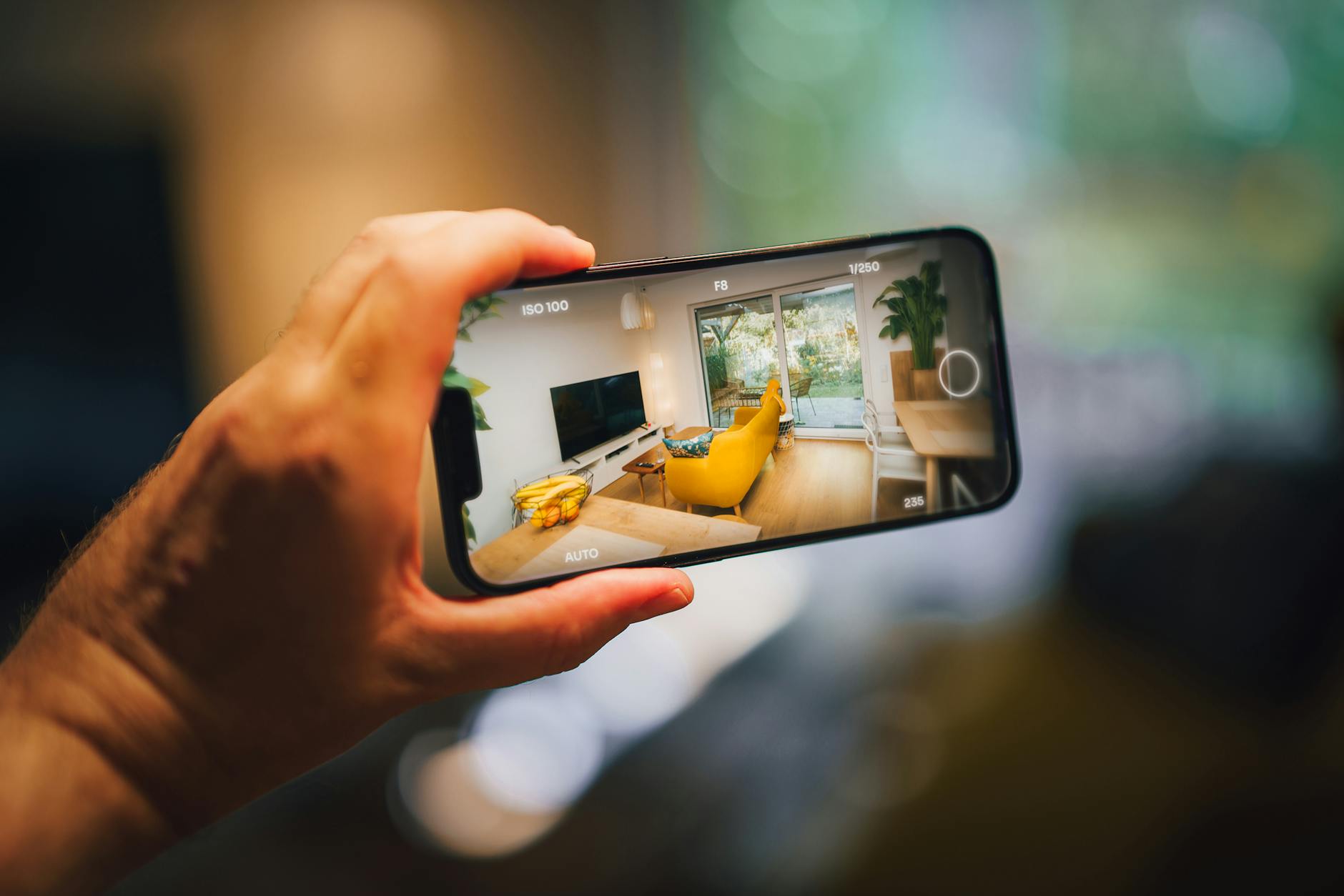The Roundtable: Deconstructing 'Barbenheimer'

Editor's Note: Welcome to our monthly roundtable discussion. Each month, our five student editors will come together to debate a major issue shaping our world. This transcript has been lightly edited for length and clarity.
Saerom Kim: So, I think it's safe to say July 2023 was the summer of "Barbenheimer." It was completely unavoidable here in the US. You had two huge, completely opposite films—Greta Gerwig's "Barbie" and Christopher Nolan's "Oppenheimer"—released on the same weekend, and instead of competing, they created this massive cultural event. I'll turn it over to Anthony to set the business stage.
Anthony Min: It's simple: "Barbenheimer" was a lifeline for the movie theater industry, which has been in critical condition since the pandemic. Together, they proved that for the right kind of "event" movie, people will still leave their homes and turn off Netflix. But they represent two very different business models. "Barbie" was a masterclass in leveraging existing intellectual property (IP) into a commercial juggernaut, with over 100 brand partnerships. "Oppenheimer" was a testament to the power of a single creator, Christopher Nolan, who is one of the only directors left who can get a blank check for a three-hour, R-rated historical drama and turn it into a global blockbuster. One is a corporate playbook, the other is an auteur's victory.
Saerom Kim: That's a great way to put it. The "Barbie" side of it was a true cultural phenomenon. It was fascinating to see how the marketing tapped into nostalgia but also managed to create a very modern, self-aware feminist conversation. The viral trend of people dressing in pink to see the movie wasn't just a fad; it was a powerful act of collective identity formation.
Minwoo Jung: I have to admit, I found "Oppenheimer" to be the far more significant film. Watching from Seoul, a city that lives under the constant threat of nuclear annihilation, the film wasn't just a historical drama; it was a present-day horror movie. It's a stark reminder that the power these men unleashed is not a relic of the past, but a permanent feature of our geopolitical reality. I was struck by how the film forces you to grapple with the immense moral compromises made in the name of national security.
Yehee Jung: I found that moral complexity compelling in both films, strangely enough. "Oppenheimer" is a clear ethical dilemma about the responsibility of scientists for their creations, a conversation we are having right now with AI. But "Barbie," in its own candy-coated way, was also a deep dive into systems and ethics. It was a surprisingly complex look at the structure of patriarchy, the nature of identity, and what it means to be human. Both films, in their own way, refused to give the audience easy answers, which is rare for a blockbuster.
Yonghyuk Choi: It's interesting to think about them as sports narratives. "Oppenheimer" is the ultimate individual sport story—the pressure is all on one man, his genius versus his conscience. "Barbie" is a team sport story. She can't solve her problems alone; she needs the other Barbies, and even Ken, to change the system. It also shows the power of branding. The Barbie brand is as iconic as the Yankees logo. The film was a masterclass in taking a legacy brand, acknowledging its complicated past, and successfully relaunching it for a new generation.
Saerom Kim: I think that's why it resonated so much. It didn't pretend the criticisms of Barbie didn't exist; it made them part of the plot. It gave people permission to enjoy the nostalgia without feeling like they were ignoring the problematic parts of her history. It was a really smart way to have its cake and eat it too.
Final Thoughts
Yonghyuk Choi: The summer of "Barbenheimer" proved that sports aren't the only place to find compelling drama and larger-than-life characters.
Anthony Min: It was a brilliant, perhaps unrepeatable, business event that demonstrated the financial power of both original filmmaking and perfectly leveraged IP.
Saerom Kim: It was a rare, joyful moment that reminded us that pop culture can be both fun and deeply meaningful at the same time.
Yehee Jung: Both films, in their own ways, were complex explorations of a creator's responsibility for their creation—be it a bomb or a doll.
Minwoo Jung: Beyond the pink fantasy, "Oppenheimer" served as a terrifying and necessary reminder of the nuclear precipice on which our world is built.
What do you think? Was "Barbenheimer" a fun summer trend, or a sign of a deeper shift in our culture? Let us know your thoughts in the comments below.



